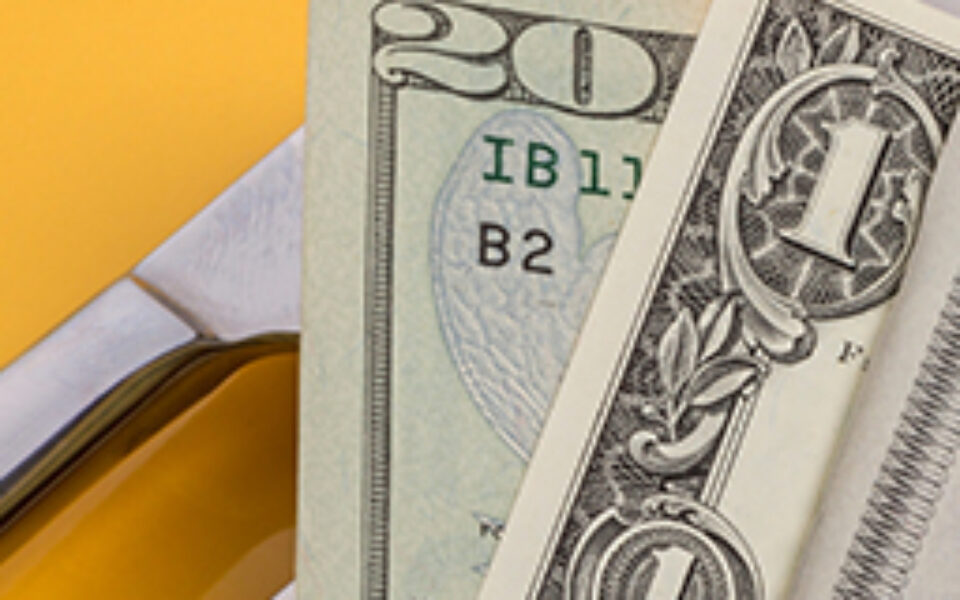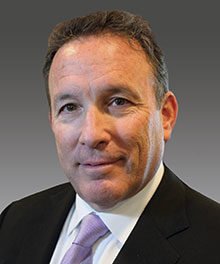Hot Tip: No More Tips

Danny Meyer, the owner of several of New York City’s hottest restaurants, rocked the industry this week by announcing that tipping will no longer be permitted at his establishments. Instead, a service charge will be built into the price of every order. Now, the owner of such premier eateries as Union Square Café, Gramercy Tavern, Blue Smoke and The Modern is used to rocking the culinary world, but it’s usually because of what’s on the plate, not what’s on the bill. Meyer’s new no-tipping policy will first be rolled out at The Modern, and if all goes as expected, will then be implemented company-wide.
As in any business, Meyer has to compete for talent, and that of course includes competitive salaries. By eliminating tipping and instead upping his menu prices, Meyer will increase revenue across the board and therefore be able to raise wages for all of his workers, including kitchen staff, who are prevented by law from sharing in pooled tips from the dining room. He’s obviously betting that he will come out ahead.
To show you how seismic his announcement was, it was the first thing I heard on the news when I was getting ready for work yesterday morning. Obviously, anything that jostles the upper echelons of the restaurant scene in New York, where high-end dining is a blood sport, has serious potential consequences.
Actually, though, Meyer is not the first restaurant baron to take up a no-tipping policy. It turns out that Tom Colicchio, Top Chef’s top chef, beat him to the punch at Craft, as of last month. But Danny Meyer is a demi-god in these circles, and when he makes a management decision of this magnitude, there could well be ramifications for the entire industry. The impact is likely to trickle down and could end up changing the business model for restaurants everywhere. At least in New York, the restaurant capital of the world.
In the restaurant business, tipping has been a way of life since time began. But lately it’s become a dicey topic, since tips, which usually make up the majority of a table server’s income, give owners justification for paying servers less than minimum wage. Meyer is leveling the serving field by taking tips off the table, so to speak, in order to raise wages for everyone, from dining room to kitchen.
Tracy and I are restaurant regulars. Dining at the city’s many outstanding establishments is one of the great joys and privileges of living in New York City. Probably like most people, I consider myself a generous tipper. A gratuity for a well-prepared meal served well is my pleasure. I have no idea whether Meyer’s new policy will end up costing me more or less the next time I eat at one of his places, but it will certainly simplify things. I sympathize with and even admire his willingness to take radical action to solve an onerous business problem.
But tipping isn’t likely to entirely disappear anytime soon. To the contrary, it seems to be infiltrating places it has no business being. Who says tipping is only for table servers and delivery people? Now there’s a tip line on the credit card receipt at practically every take-out counter, where service is not exactly the modus operandi. Deciphering when a tip is warranted, or not, takes active engagement these days.
And if tipping is appropriate for clerks who bag your order, doesn’t that mean we should get a discount for using the self-checkout line at the supermarket? Why should you pay the same for your groceries as someone on the casher’s line?
I’m going to miss tipping if it goes away altogether. It’s a customer’s last stand in either rewarding good service or penalizing poor performance. Maybe the real answer is to let the kitchen workers partake in the tipping pool. Sometimes it’s the simple stupid stuff that makes the most sense.
